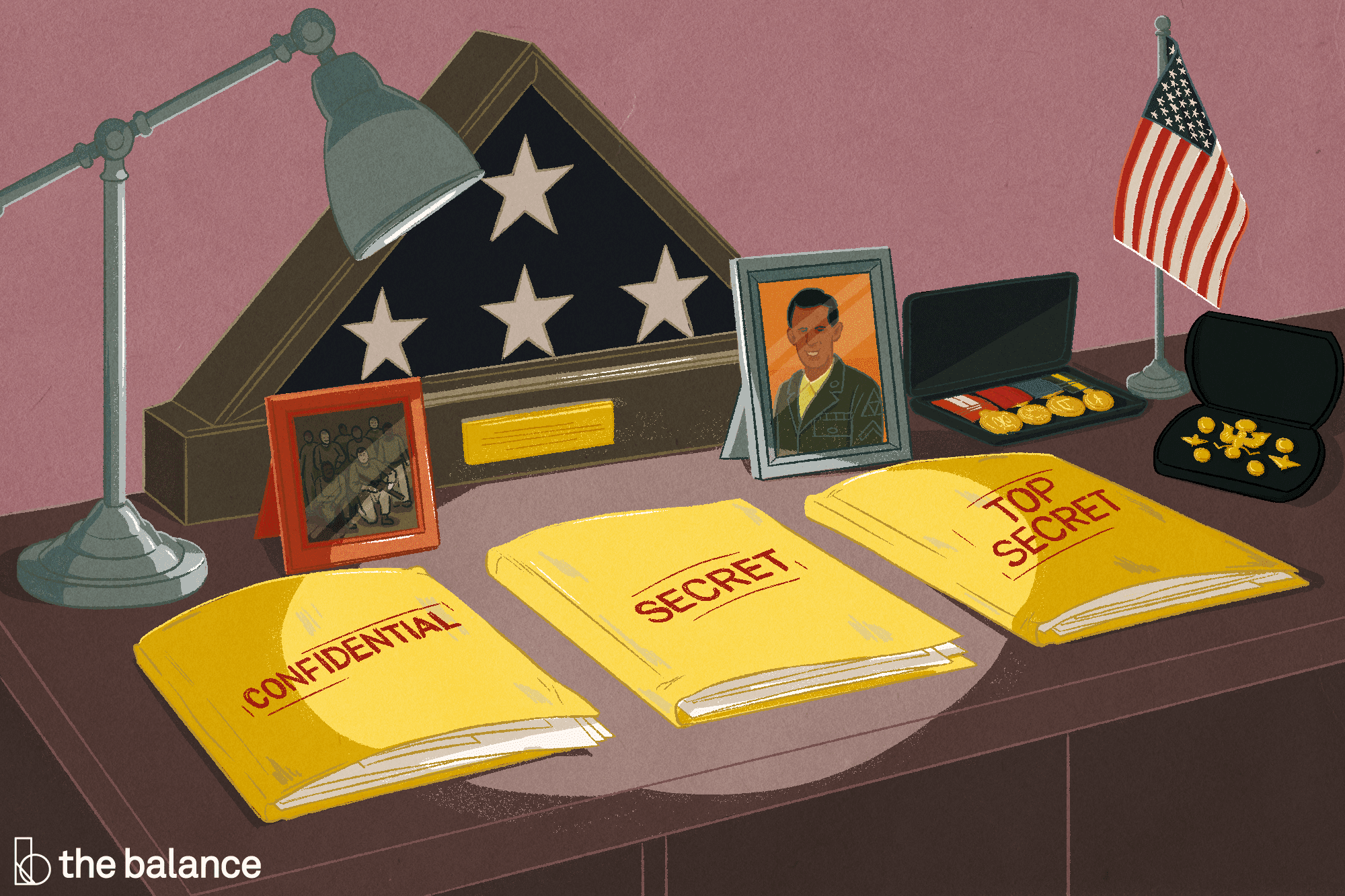Sitton v. Print Direction, Inc., — S.E.2d —, 2011 WL 4469712 (Ga.App. September 28, 2011)
A Georgia court held that an employee using a personal laptop to conduct business for a competitor did not have an invasion of privacy claim when his employer busted him at work using the laptop to send email.
Plaintiff-employee worked for a printing company.
His wife also owned a printing business. On the side, plaintiff would broker printing jobs, sending them to his wife’s company. He would bring his own laptop to work and use that to conduct business for his wife’s company while at work for his employer.
One day, the boss came into plaintiff’s office (apparently when plaintiff was not in the room) and saw that the computer screen on plaintiff’s computer showed a non-work related email account, with messages concerning the brokering of print jobs to the wife’s company. The boss printed out the email messages.
Plaintiff sued, claiming, among other things, common law invasion of privacy and violation of a provision of the Georgia Computer Systems Protection Act. The case went to trial, and plaintiff lost. In fact, he ended up having to pay almost $40,000 to his employer on counterclaims for breach of loyalty. Plaintiff sought review of the trial court’s decision. On appeal, the court affirmed.
The appellate court affirmed the trial court’s finding that the boss’s access to plaintiff’s computer did not constitute common law invasion of privacy based upon an intrusion upon plaintiff’s seclusion or solitude, or into his private affairs. The court held that the boss’s activity was “reasonable in light of the situation” because:
- He was acting in order to obtain evidence in connection with an investigation of improper employee behavior,
- The company’s interests were at stake, and
- He had “every reason” to suspect that plaintiff was conducting a competing business on the side, as in fact he was.
To bolster this holding, the court cited from a Georgia Supreme Court case that said, “[T]here are some shocks, inconveniences and annoyances which members of society in the nature of things must absorb without the right of redress.”



